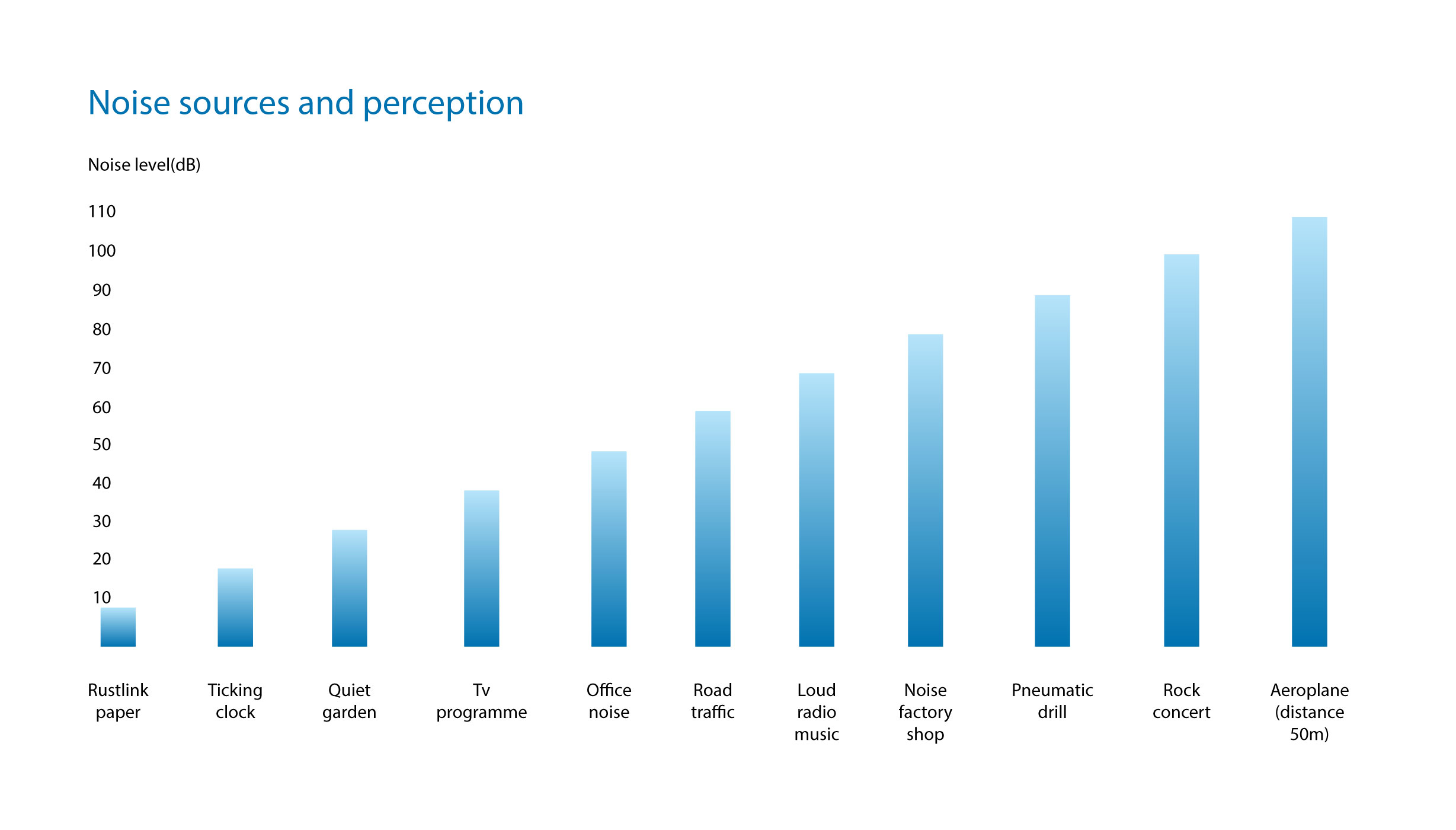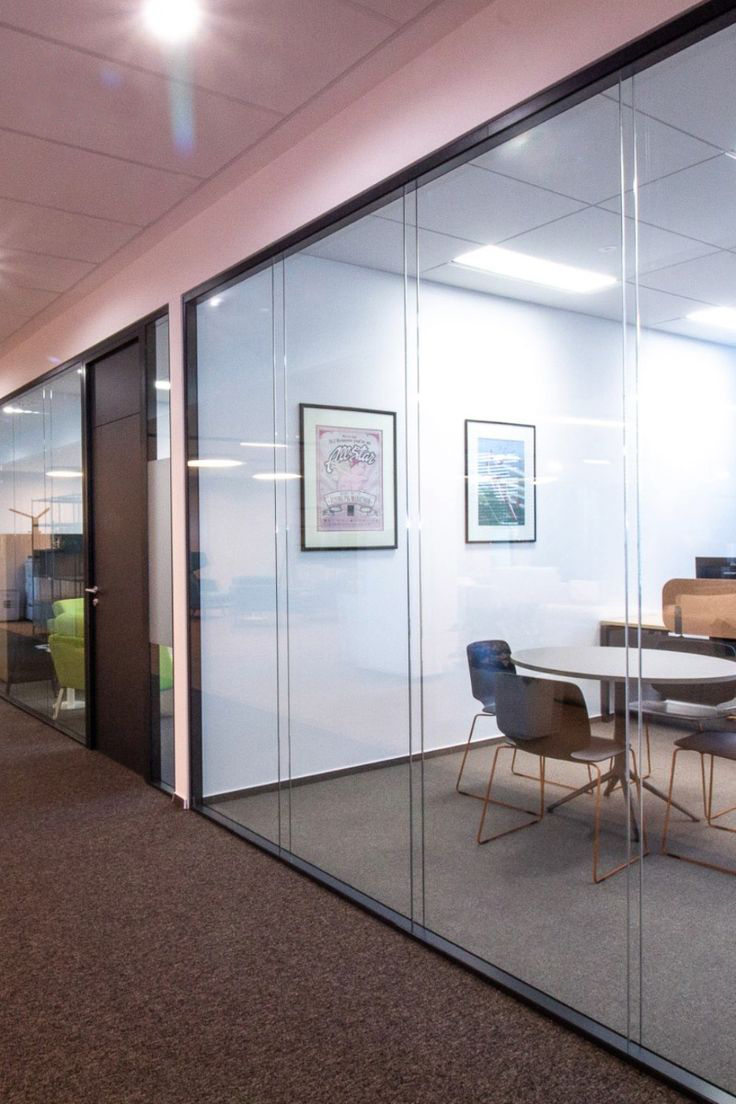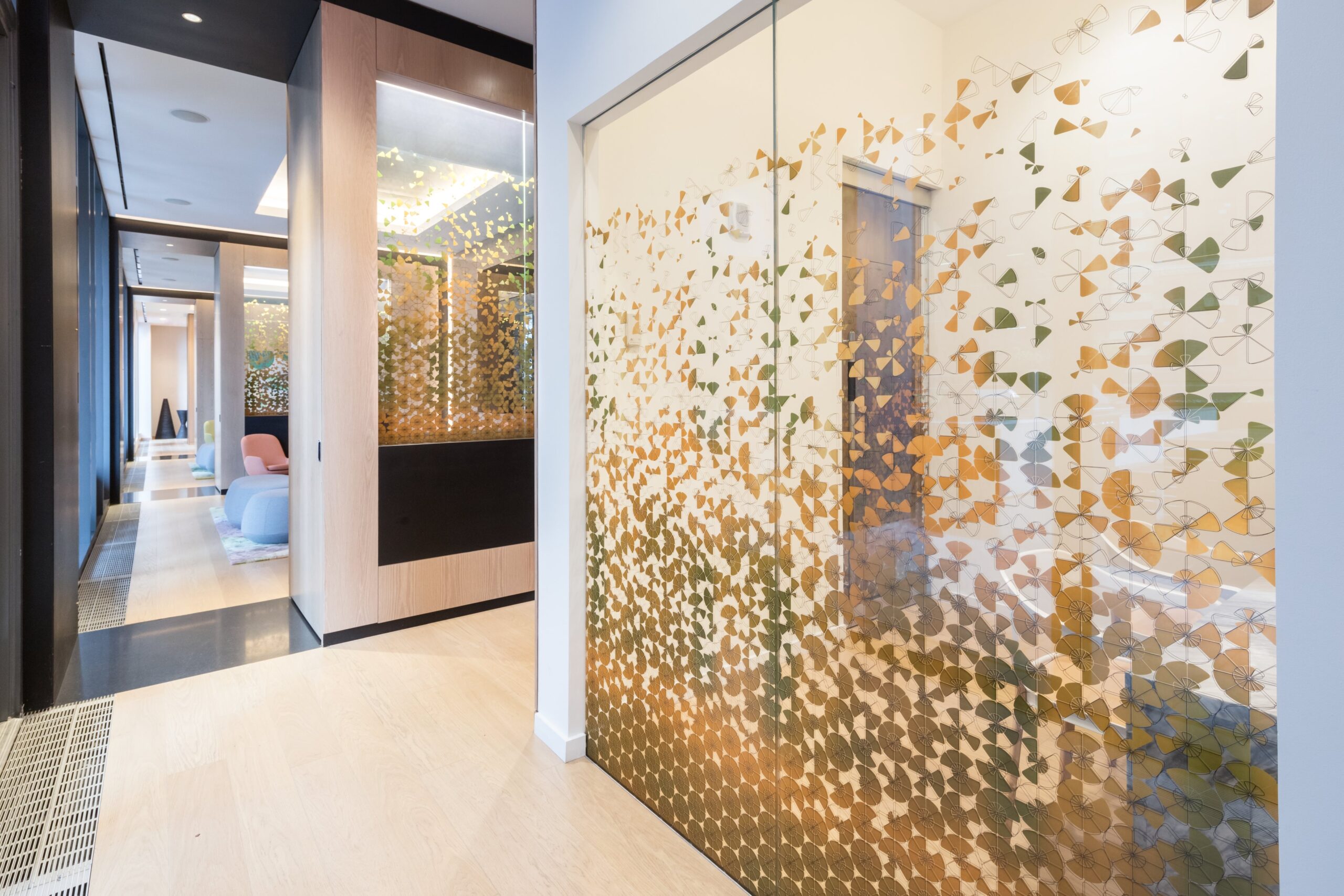
Enhancing Peace and Privacy

There are various types of glass used for windows in residential as well as commercial areas. Among them is soundproof glass which has become highly popular
in both homes and offices as it helps to reduce the surrounding noise and gives you complete peace and privacy.
What is the need of Soundproof Glass
Noise is not just seriously disturbing our quality of life, work and living conditions, but also causes damage to our health. In addition to irreparable hearing damage caused by permanent noise, also ailments as stress, nervousness, and cardiovascular disorders can result. This is why soundproofing your windows has become kind of necessary in this day and age.
With its soundproofing qualities, the glass dampens the soundwaves that fall on it and reflects them back to their original source. This means that the sound can’t pass through the glass, thus keeping you safe from the loud noise and sound vibrations that have more negative effects on your health than you can think of.


Analysis.
There are two ways in which soundproof glass is manufactured to make sure that it has all the soundproofing qualities to cancel the outside noise. Some of the manufacturing properties of the soundproof glass are as follows:

Soundproof glass is made with two layers of glass that are bonded together with an interlayer of PVB. This interlayer helps to keep the two layers of glass together and gives it a single-paned appearance.in addition helps to dampen the noise and weaken the energy of the sound waves when they travel through the glass.
In an IGU two or more panes of glass are insulated with a spacer in between. Noise reduction glazing is based on the asymmetry of glass panes and the use of attenuation gases in the space between the panes
The double-glazing soundproof glass has soundproofing and insulating properties, while the laminated soundproof glass has soundproofing and security properties.
The unit of noise measurement is the decibel (dB). Our subjective perception of noise is based on the following principle: if the noise level in a room is reduced by 10 decibels compared to the outside, we perceive it as being reduced by half.
A disturbing noise spectrum consists of various frequencies with different intensities. Some frequency ranges are perceived as louder and therefore more disturbing than others. Even if the intensity of the noise in dB is the same, different sources of noise have distinct frequency distributions.
It’s important for sound insulation to particularly dampen the most disturbing frequency ranges. The measures for noise protection must be determined based on the source of the noise. The same noise levels may require different window constructions and sound-insulating glass.
The following illustrations show typical sounds with their volumes and the intensities as they are subjectively perceived.
Yalodomi’s Echolam™ glazed units can achieve the acoustic insulation factor Rw between 30 and 54 dB, depending on the type of unit. Before choosing a suitable unit, the source of noise should always be specified and other influential factors should be identified. The company works by considering all the national as well as international quality standards, so you can be assured of the quality of the soundproof glass from us. Therefore, in all cases customers should contact us during an early planning stage, so that all specific requirements for the glass can be taken into consideration by our well qualified staff.
When defining the source of noise we use the so-called acoustic insulation coefficient Rw and corrective coefficients C and Ctr.

FEATURES & BENEFITS
Soundproof glass reduces noise, enhancing privacy and comfort.





